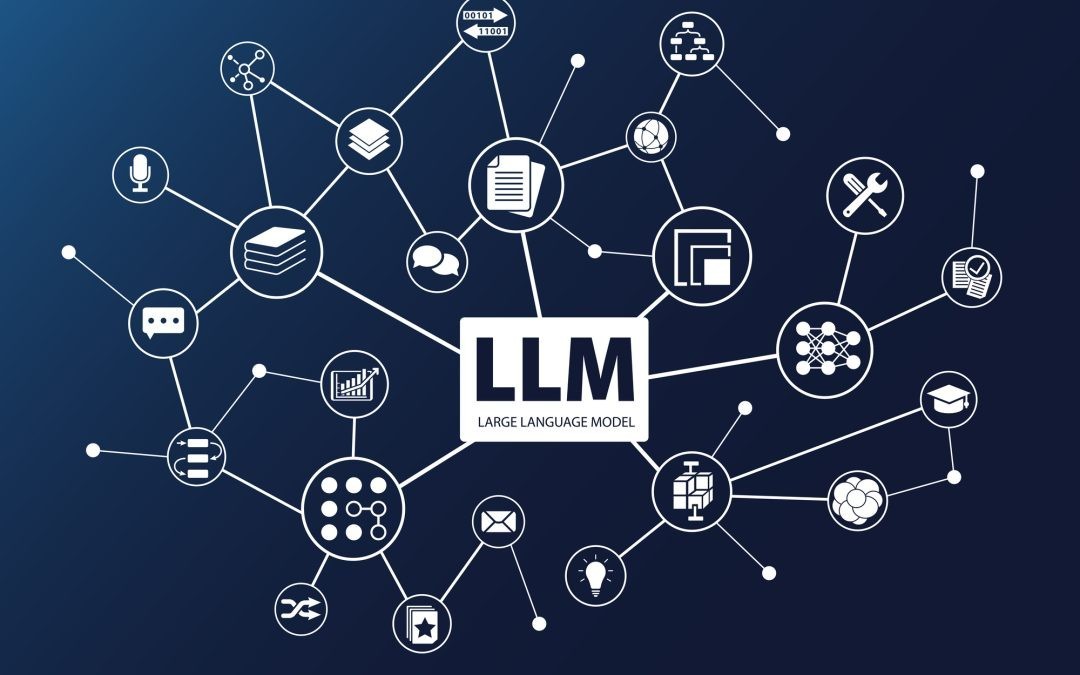CRISPR-based genome editing technologies have revolutionized gene study and medical treatment by enabling precise DNA alterations. AI integration has enhanced these technologies’ precision, efficiency, and affordability, particularly for diseases like Sickle Cell Anemia and Thalassemia. AI models such as DeepCRISPR, CRISTA, and DeepHF optimize guide RNA (gRNA) design for CRISPR-Cas systems by considering factors like genomic context and off-target effects. These models also improve GED techniques like base, prime, and epigenome editing. In personalized medicine, AI analyzes genomic data to identify mutations and biomarkers for diseases like cancer and Alzheimer’s, facilitating tailored treatments. However, challenges like high costs, off-target effects, delivery methods, and safety in clinical applications persist.
The synergy between AI and CRISPR-based GED technologies promises significant advancements in healthcare and biomedicine. AI enhances gRNA design and editing outcome predictions, improving the accuracy of genetic modifications. CRISPR-based GED is crucial in developing cancer models, validating drug targets, and creating effective CAR-T cells. AI is essential for analyzing multi-omics data and improving gene editing outcomes. Future research should address existing challenges, refine AI models, and explore new AI-driven CRISPR applications to treat genetic diseases and improve human health.
Role of AI in Genome Editing:
Artificial Intelligence significantly enhances genome editing by deciphering complex genetic data and predicting outcomes. The process starts with collecting and preprocessing extensive genetic data to ensure quality. Model selection follows, with ML algorithms for simpler tasks and DL models for complex data. Training involves supervised learning on labeled datasets adjusting parameters iteratively. Optimization fine-tunes the model’s performance. Finally, AI models are integrated into healthcare systems to guide gene editing strategies, design precise guide RNAs, select optimal delivery methods, and monitor patient outcomes.
AI-Enhanced gRNA Design for CRISPR/Cas Genome Editing:
Success in CRISPR/Cas-based genome editing relies on selecting effective gRNA sequences. Various ML and DL models have been developed to optimize gRNA selection. Techniques like Support Vector Machines (SVM) and Gradient-Boosted Trees (GBT) have created reliable models for predicting gRNA efficiency. Advanced tools like the TIGER CNN accurately predict gRNA efficacy by incorporating mismatches, insertions, and deletions. Models like CRISPRon and DeepHF also enhance the precision of gRNA design for specific Cas9 variants.
Significant progress has been made in off-target prediction algorithms, which traditionally rely on sequence-based data from in vitro cleavage assays. Newer models like piCRISPR incorporate physical genome features such as chromatin accessibility and DNA methylation patterns, improving off-target site identification and reducing unintended cleavage. Tools like SkipGuide facilitate CRISPR/Cas9-based exon skipping therapies, emphasizing the importance of precise gRNA selection. These advancements in ML and DL models enhance the accuracy and effectiveness of CRISPR/Cas genome editing.
AI, CRISPR, and Precision Medicine:
Precision medicine tailors treatments based on individual genetic and molecular profiles. CRISPR-Cas9 enables precise genome editing to fix mutations, deactivate oncogenes, or activate tumor suppressor genes, aiding disease prevention and treatment. AI enhances CRISPR by analyzing genomic data to identify disease-associated genetic variations and predict treatment responses. Tools like AlphaMissense and deep neural networks accurately assess genetic variants and identify candidate genes for rare diseases. Integrating AI, CRISPR, and precision medicine promises more effective, targeted interventions by correcting disease mutations and developing novel diagnostic tests and therapies.
Conclusion:
CRISPR-Cas9 genome editing technologies have revolutionized genetic research and medical treatments, especially for genetic diseases like Sickle cell anemia and Thalassemia. AI enhances the precision and efficiency of these technologies by designing optimal gRNAs and predicting editing outcomes, minimizing off-target effects. AI models like DeepCRISPR and CRISTA employ machine-learning techniques to guide CRISPR-Cas experiments. Additionally, AI aids in developing advanced GED techniques like BED, PED, and epiGED. The synergy between AI, CRISPR, and precision medicine enables personalized treatments based on genetic profiles, offering promising advancements in healthcare. Despite progress, challenges like cost, delivery methods, and clinical safety remain.
Sources:











